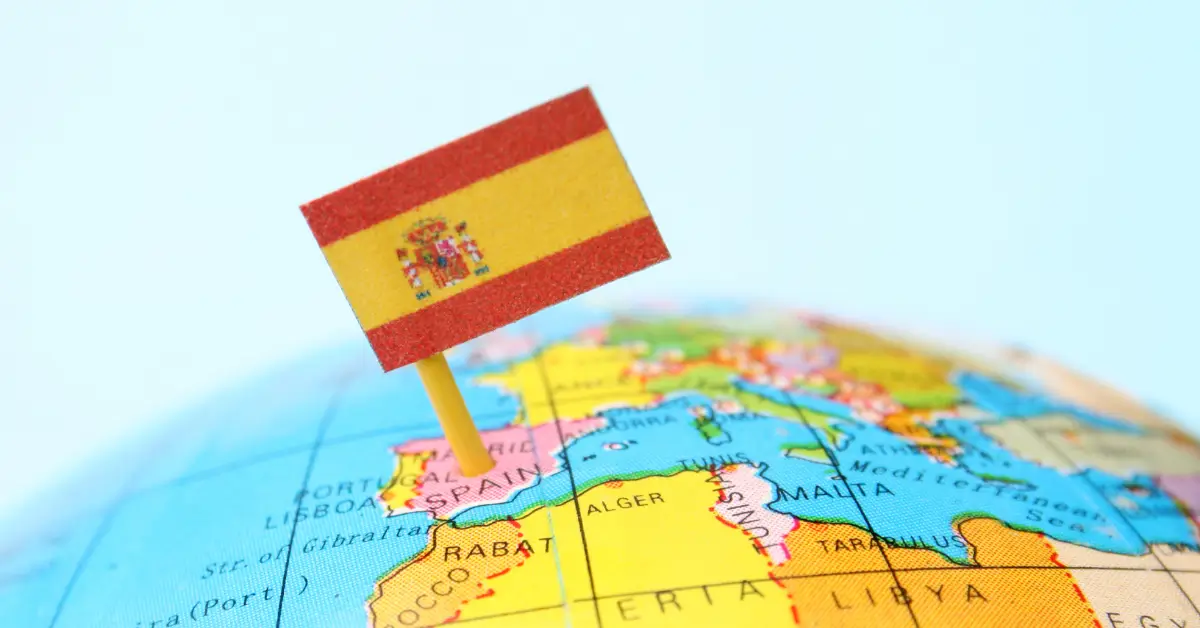
Spain imposes a wealth tax on individuals whose net assets exceed specific thresholds. In recent years, additional tax measures targeting high-net-worth individuals have been introduced, complicating the wealth tax landscape. This article will guide you through the essential aspects of the Spanish wealth tax, including recent changes, how to determine your liability, and how to […]
Happy clients
Experience
Masters degrees
Spain imposes a wealth tax on individuals whose net assets exceed specific thresholds. In recent years, additional tax measures targeting high-net-worth individuals have been introduced, complicating the wealth tax landscape. This article will guide you through the essential aspects of the Spanish wealth tax, including recent changes, how to determine your liability, and how to file your wealth tax returns.
The Spanish wealth tax is a direct tax applied to an individual’s net worth. It applies to worldwide assets for residents and to assets located within Spain for non-residents. This tax targets those with substantial wealth, and only those whose assets exceed specific thresholds are liable. Spain introduced the Temporary Solidarity Tax on Large Fortunes in 2023, which operates alongside the existing wealth tax and targets individuals with assets valued over €3 million.
The national wealth tax applies to individuals with net assets exceeding €700,000, but these thresholds can vary by region. For instance, autonomous communities like Andalusia, Catalonia, and Valencia may have different rules. It is essential to check your region’s specific wealth tax laws to ensure compliance.
Other exemptions may include family-owned businesses, pension plans, and certain artworks. Knowing these wealth tax exemptions is essential to accurately calculate your liability.
Read my in-depth article about the taxation in Spain for expats.
Spain’s wealth tax system includes other important rules that can affect your total tax liability:
Accurately valuing your assets is essential for calculating wealth tax liability. Assets like real estate are valued based on the higher of the purchase price, cadastral value, or the valuation assigned by the tax authorities. Investments, such as stocks and bonds, are typically valued at their market price at the end of the fiscal year. Bank accounts are generally valued based on the highest balance within the year.
Correct valuation is critical to avoid errors, which can lead to penalties. If you’re unsure how to value your assets properly, it’s advisable to consult a professional. I, José María Ruiz Castillo, specialize in assisting individuals with wealth tax compliance, ensuring all assets are accurately valued and reported.
Once you have calculated your wealth and determined your tax liability, the next step is filing your wealth tax return. Understanding the process and following the legal requirements is essential to avoid complications.
The wealth tax is declared using Modelo 714, which must be submitted electronically through the Spanish Tax Agency’s website. The deadline for filing the wealth tax return is June 30th of the year following the tax year. Filing requires a detailed inventory of all taxable assets, along with any exemptions you are claiming.
Completing the Modelo 714 can be time-consuming, especially for individuals with multiple assets, such as properties, investments, and business interests. If you’re unsure about how to file or what information to include, I can help ensure your wealth tax return is accurate and submitted on time.
Failure to comply with Spain’s wealth tax regulations can result in substantial penalties. While the exact penalties vary depending on the nature and duration of non-compliance, they can include hefty fines, interest on unpaid taxes, and additional charges for delays. In some cases, penalties can reach 150% of the tax owed, although the exact percentage depends on the circumstances.
To avoid these penalties, it’s crucial to file your tax return on time and ensure all the information is accurate. If you have concerns about compliance, I can provide expert guidance to help you avoid costly mistakes.
Read my in-depth article about the tax implications of owning a property in Spain as a foreigner.
The wealth tax in Spain is complex, particularly for those with significant assets or investments. From understanding the net worth threshold to properly valuing your assets and filing Modelo 714, there are many steps involved in ensuring compliance. Additionally, with the introduction of the Temporary Solidarity Tax on Large Fortunes, it’s more important than ever to stay informed about your tax obligations.If you need assistance with the wealth tax, whether it’s determining your liability, filing your returns, or managing your asset valuations, I, José María Ruiz Castillo, am here to help. Contact me today for personalized advice on managing your wealth tax responsibilities and ensuring full compliance with Spanish law.







